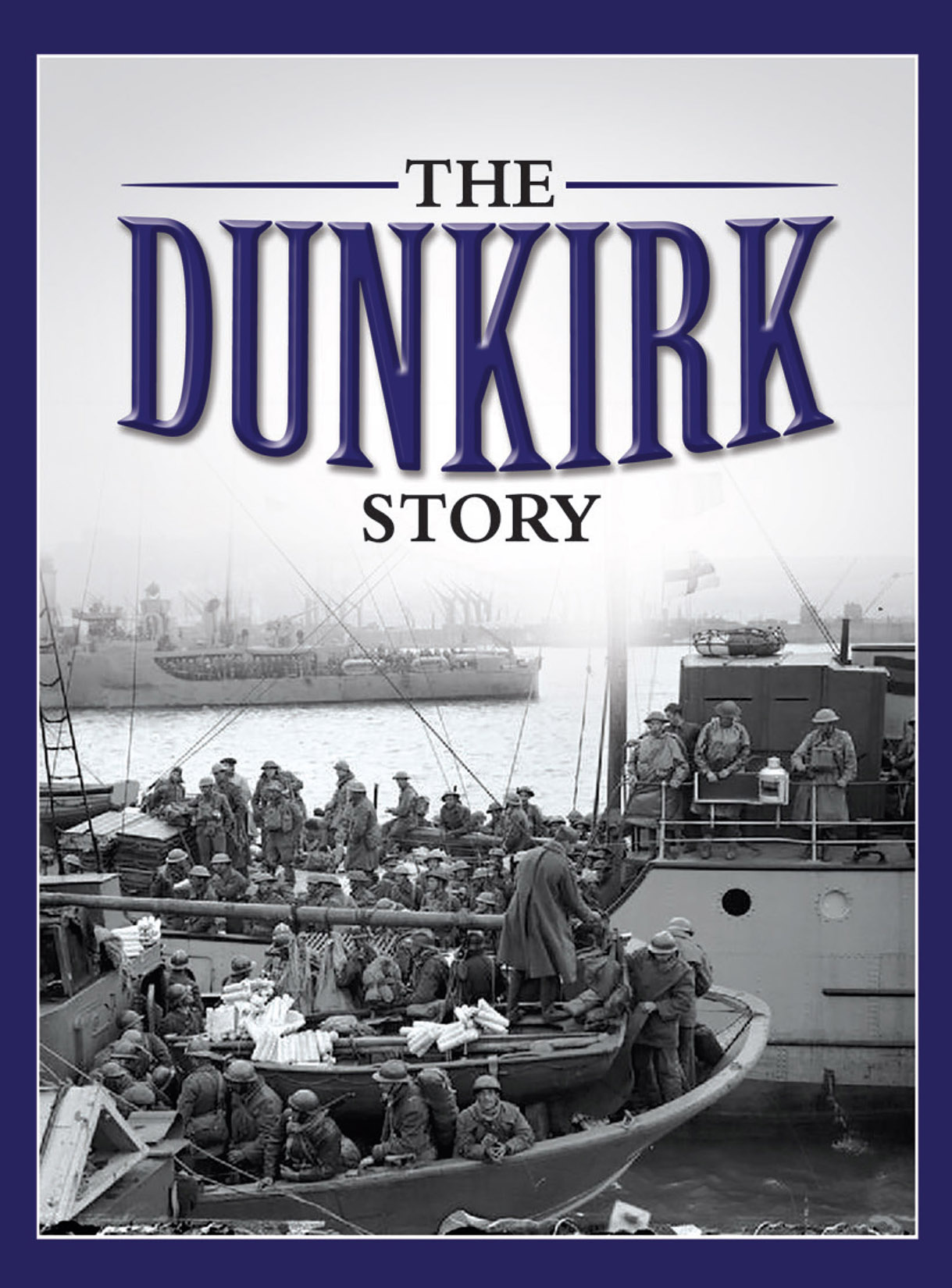Description
At just before 7pm on May 26th 1940, Prime Minister Winston Churchill authorized ‘Operation Dynamo’ to commence. By the time the operation came to an end on the night of June 4th, a total of 338,226 Belgian, French and British soldiers had been rescued by a hastily assembled fleet of over 800 boats.
The rescue was necessary because the British Expeditionary Force – or BEF – that had gone to assist its ally France had been forced to retreat by the speed and ferocity of the German advance through Holland, Belgium and France. The Allied forces had been duped into thinking the main attack was coming from the north through Holland and Belgium when in fact, it came through the Ardennes and succeeded in cutting the Allied armies in two. Now the BEF found itself surrounded on three sides by German forces and with its back to the sea at Dunkirk.
But for an island race such as the British, the sea has always presented opportunity and in May 1940 it presented the opportunity to escape. Getting the men back required the courage of the Royal Navy sailors who took the majority of the outer harbour wall at Dunkirk while under constant aerial bombardment, But it was the role played by the fleet of small vessels, the ‘little ships’, crewed by civilians, plucking men off the beaches as they waited in water up to their necks, that overnight, became part of British folklore. Even today, the country’s leaders invoke the ‘Dunkirk Spirit’ to pull people through difficult times.




